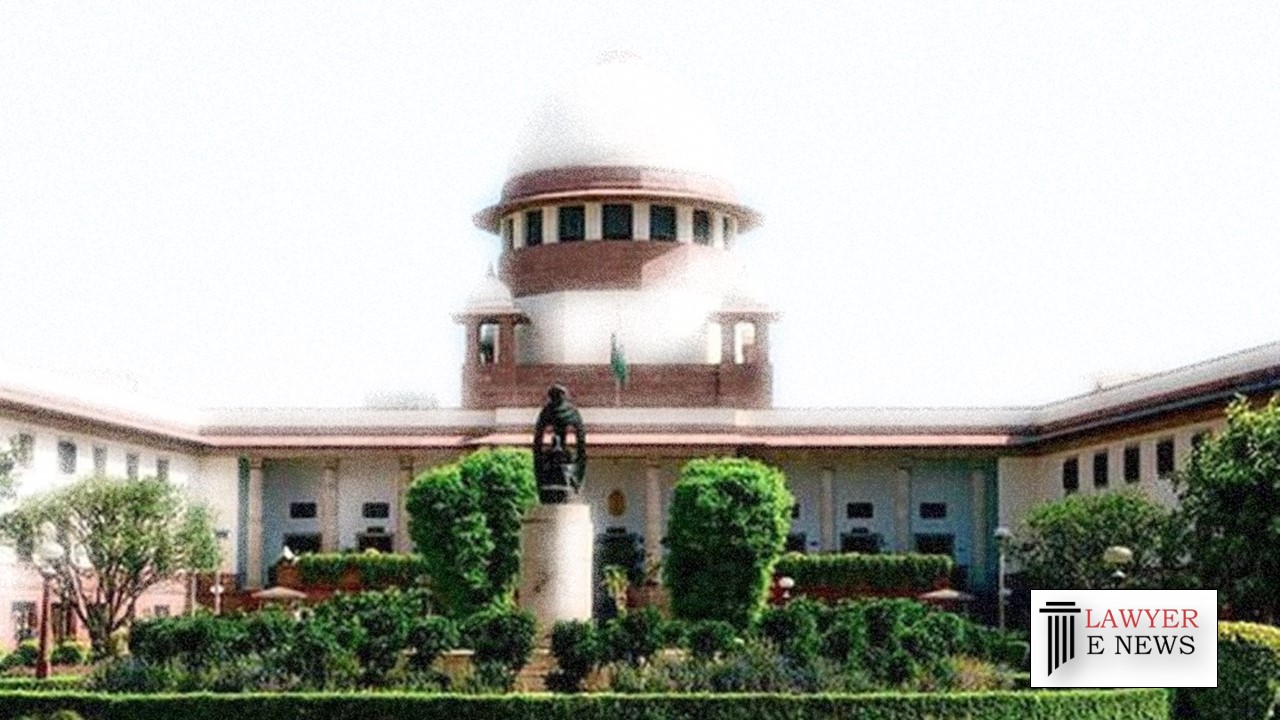-
by Admin
16 February 2026 1:47 PM



In a significant judgment, the Supreme Court of India has directed the reconsideration of remission applications while emphasizing the importance of reasoned opinions. The Court's observation came in the case of Jaswant Singh & Ors. v. State of Chhattisgarh & Anr., wherein the petitioners, who were serving life imprisonment, sought a fresh evaluation of their case by the sentencing court. The decision was delivered by a Bench comprising Bela M. Trivedi, J. and Dinesh Maheshwari, J.
The petitioners had approached the Supreme Court under Article 32 of the Constitution of India, seeking an appropriate writ, order, or direction to present their case for reconsideration to the sentencing court. The Court allowed the petition, instructing the Special Judge to provide an opinion afresh while considering the relevant factors laid down in the case of Laxman Naskar vs. Union of India. Additionally, the State of Chhattisgarh was directed to render a final decision on the remission applications within one month of receiving the opinion.
In its judgment, the Court emphasized the significance of reasoned opinions in remission cases. Referring to Section 432(2) of the Code of Criminal Procedure, the Court held that the presiding judge's opinion must comply with the statutory requirement and take into account the relevant factors for granting remission. It further noted that mechanical or stereotype reasons are insufficient and may defeat the purpose of the procedural safeguard provided under the law.
The Court clarified that while the appropriate government is not bound to mechanically follow the presiding judge's opinion, it is crucial for the opinion to consider the requirements laid down in Laxman Naskar vs. Union of India. If the presiding judge fails to do so, the government may request reconsideration of the matter. The Court stressed that the application for remission should be reconsidered if the presiding judge did not adequately consider the relevant factors.
Citing the specific case before it, the Court found that the opinions provided by the presiding judge in letters lacked reasoning and did not consider the necessary factors. Consequently, the Court directed the Special Judge to reevaluate the remission applications and provide opinions accompanied by adequate reasoning. It also urged the State of Chhattisgarh to make a final decision on the applications within one month of receiving the fresh opinions.
Date of Decision: January 13, 2023
JASWANT SINGH & ORS. vs THE STATE OF CHHATTISGARH & ANR.
